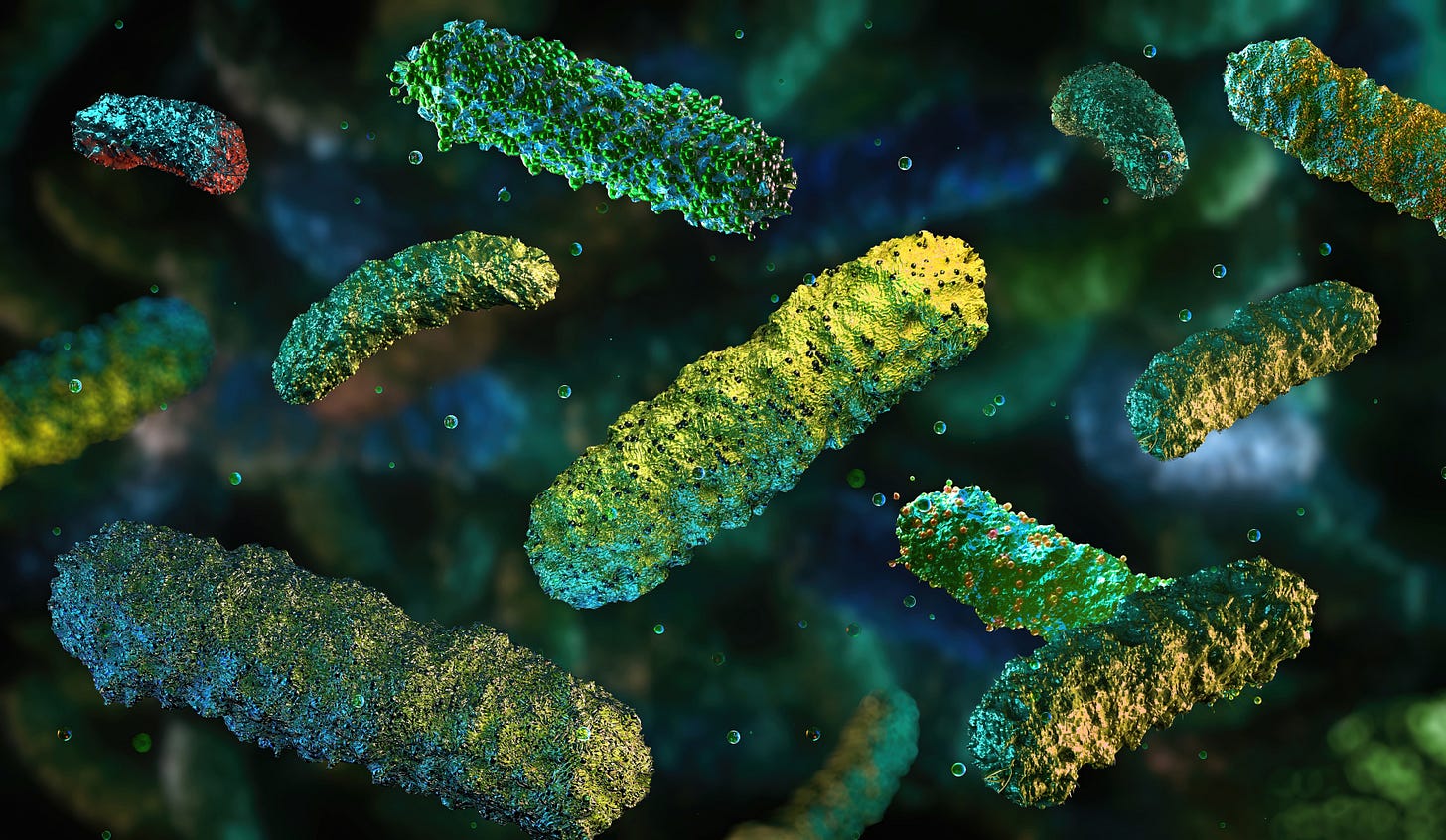Last Friday marked the online opening party for sale of tickets for next years Natural Dog Expo. Thanks to Caroline Griffiths and her team, I have been invited to speak at next years Expo and it was a pleasure to share an online screen spot with Carol Hughes from Biome4Pets, who in collaboration with Aberystwyth University, are leaders in the field of companion animal microbiome research and science in the UK.
The microbiome has been a particular field of interest of mine for many years now and it is so good to finally see some serious movement towards the deeper recognition of the importance of metabolic disease and functional medicine within the conventional veterinary sector. Quality research and data collection is at the heart of this slow and steady shift. Building a substantial body of unbiased evidence is a very slow process, particularly when that evidence will lead to the overturning of decades of prior core knowledge and will necessitate the rewriting of every text book.
One such research paper that has contributed to this body of evidence was published in August 2023 by a group of researchers in Hong Kong. They have for the first time compared the gut microbiome of healthy dogs versus that of dogs with diabetes mellitus. Diabetes in dogs typically behaves in a similar way to Type 1 diabetes in humans, with a dramatic loss of pancreatic β-cells and insulin deficiency, traditionally requiring lifelong insulin injections and carbohydrate restriction as treatment (incretin-based therapeutics such as Liraglutide are showing some promise as an alternative to insulin). This disease in dogs typically affects middle-aged to older dogs and appears to be increasing in incidence, e.g. the number of cases in the US has been reported to have risen by approximately 80% since 2006.
In the study, as predicted, there were significant differences in the prevalence of microbial species between the two groups, with Clostridioides (previously known as Clostridia) difficile, Phocaeicola plebeius, Lacrimospora indolis and Butyricicoccus pullicicaecroum being enriched in the dogs with diabetes mellitus. C.diff infection (CDI) in the dogs may be an underlying cause of chronic diarrhoea that is often seen in these cases. It is also important to consider potential zoonotic transmission of C.diff between affected pets and owners (in both directions) in households with dogs diagnosed with diabetes mellitus and immunocompromised owners. Gut dysbiosis was a significant finding in all of the dogs in the study and highlights the need for this to be considered in the management of all cases of canine diabetes.
These findings do not imply that gut dysbiosis is a cause of the disease, however, ongoing gut dysbiosis may in part at least explain why the disease is so notoriously difficult to manage. Evidence that gut dysbiosis is involved in most if not all chronic disease is steadily amassing and as we learn more and more about how integral microorganisms are to the functioning of all complex living systems, we should not be surprised.
REF:
Kwong TC, Chau ECT, Mak MCH, Choy CT, Chan LT, Pang CK, Zhou J, Poon PHC, Guan Y, Tsui SKW, Chan SW, Leung GPH, Tai WCS, Kwan YW. Characterization of the Gut Microbiome in Healthy Dogs and Dogs with Diabetes Mellitus. Animals (Basel). 2023 Aug 1;13(15):2479. doi: 10.3390/ani13152479. PMID: 37570288; PMCID: PMC10417117.
MUSINGS ON AMYLASE
Amylase is an enzyme that begins the breakdown of starchy foods, converting starch to maltose and glucose.
Keep reading with a 7-day free trial
Subscribe to ANIMALS IN OUR LIVES to keep reading this post and get 7 days of free access to the full post archives.




